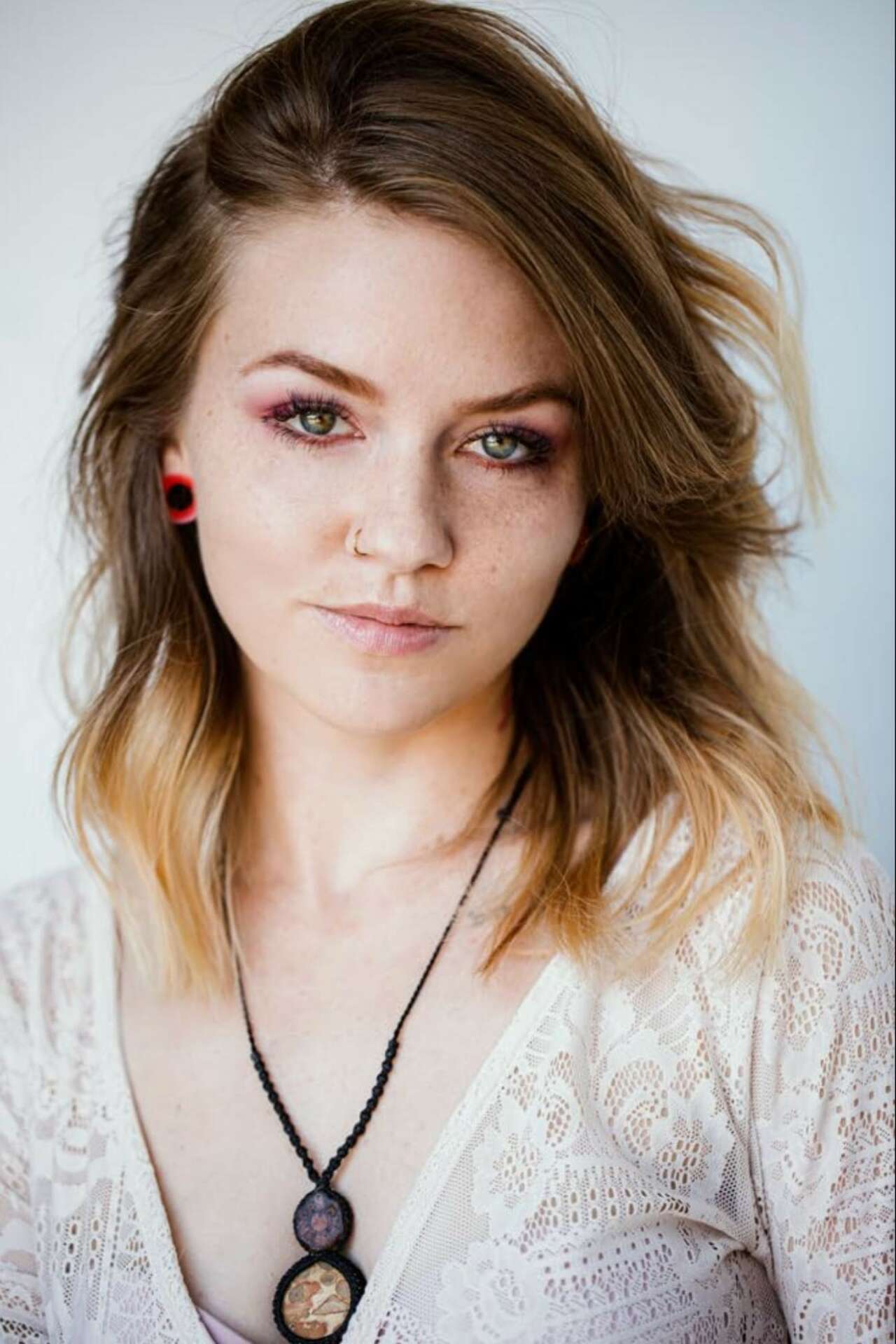We were lucky to catch up with Noelani Mei Lee recently and have shared our conversation below.
Noelani, looking forward to hearing all of your stories today. Has your work ever been misunderstood or mischaracterized?
Is there a person on this planet who hasn’t had the unfortunate experience of being misunderstood or mischaracterized? The amount of ways in which this can manifest are innumerable, but this exact concept is an important central theme within every project I create.
I was diagnosed with Bipolar Disorder as a young child and have had that diagnosis reaffirmed by several health professionals throughout the span of my life. In my earlier years, before I had as clear an understanding of myself as I do these days, the ways in which living with this condition affected me led to various social challenges. Expressing myself to others felt like scaling a mountain and it was rare that I reached the top without excessive wounds and fatigue. Of course, these were not visible–that is often the nature of living with a mental health condition. It is exactly this premise that I weave into each script that I write.
An ugly truth for many individuals who have faced similar trials is that others frequently believe that if you’re crying, you’re begging for attention. If you can’t find value in your life, it’s most likely for show. Your pain is a means to an end for affection that you don’t know how to receive “normally” (whatever that means). These are judgments that many of us face every day for many, many years–and they are simply untrue.
I hope that, as a storyteller, I can effectively reach the hearts of those willing to open them, and share the truths of living beneath the shadow of invisible disabilities. I believe that a world with heightened compassion, sensitivity, and understandong of others is desperately needed, especially in the troubling times we all currently face.
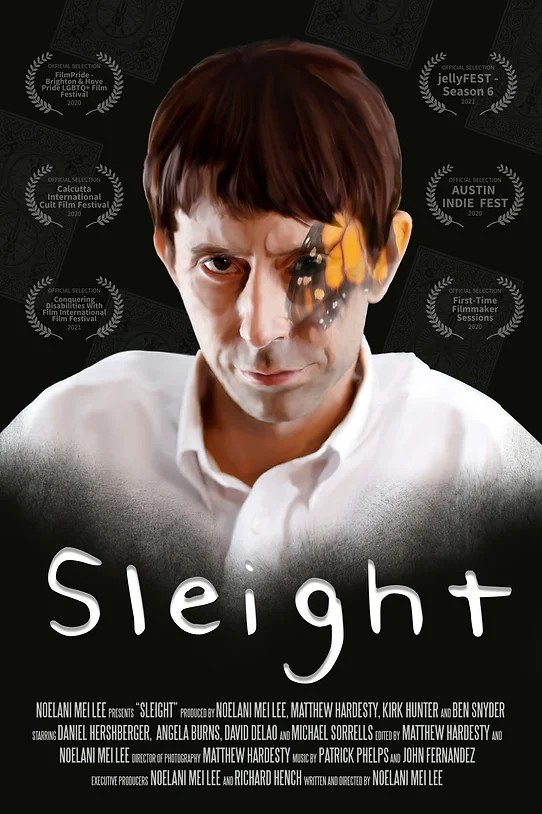
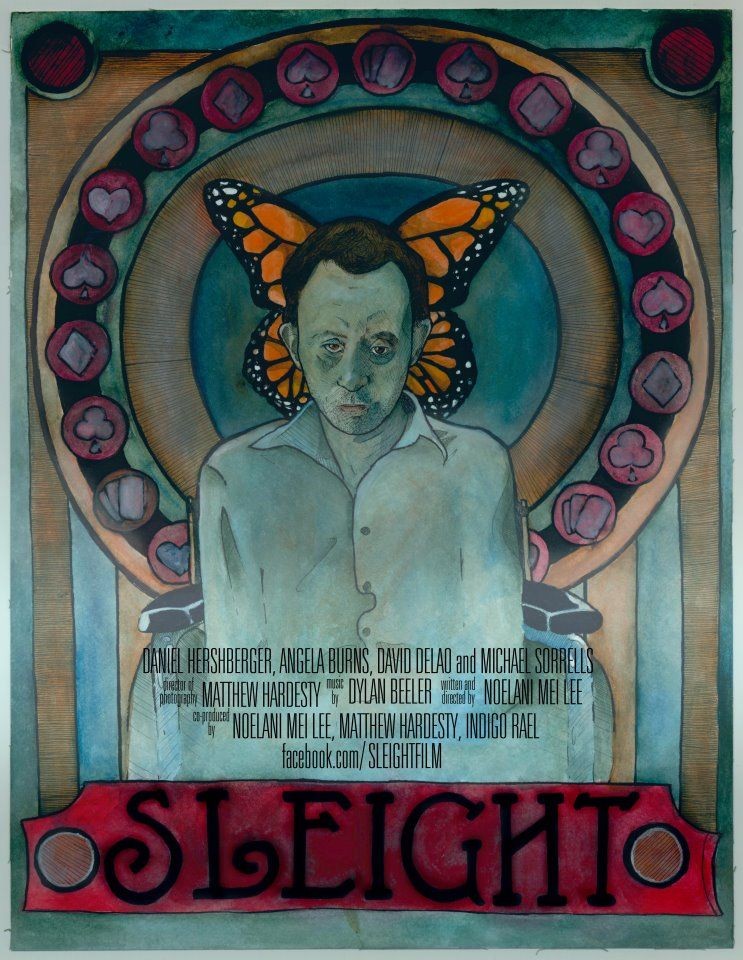
Great, appreciate you sharing that with us. Before we ask you to share more of your insights, can you take a moment to introduce yourself and how you got to where you are today to our readers.
I developed an interest in filmmaking around the time I was nine years old. I was in the “gifted and talented” program at school, which others my age may remember as being primarily a source of conflict both socially and acedemically at the time that it was introduced. Fortunately, my school felt it was necessary to involve those of us in the program in something creative to give it more purpose, and so we were taught to use camcorders and very basic editing softwares. Within a handful of weeks, I was one of only two kids in our school’s GT program who were interested enough to continue utilizing the provided course, and that decision shaped the rest of my life.
I began stepping onto bigger and more professional film sets from the age of thirteen on, first as a production assistant, and eventually writing and directing my own short projects by the time I was a sophomore in high school. They weren’t very good… but my passion only burned brighter with each passing year. In 2012, I wrote and directed my first feature film, titled Sleight, which was about the physiological and psychological difficulties associated with living with Multiple Sclerosis.
The following year, I moved to Los Angeles, where I lived and worked as a script supervisor for nearly a decade. In that time, I met some of the most incredible, kind, and talented people I have ever known (many of whom are also creators), which gave me the push that I needed to finish and release Sleight many years later.
I am now gearing up to produce my next feature-length movie, which is focused on the horrifying ordeal of navigating Post-Traumatic Stress Disorder.
More than anything, I have always wanted to reach into peoples’ hearts through storytelling. My films, usually arthouse dramas and thrillers, tend to cover topics that are uncomfortable, raw, and complex–because, really, I think that not enough people are willing to have those conversations. I’d love for that to change, and I hope that my movies can be a catalyst that helps to make that happen.
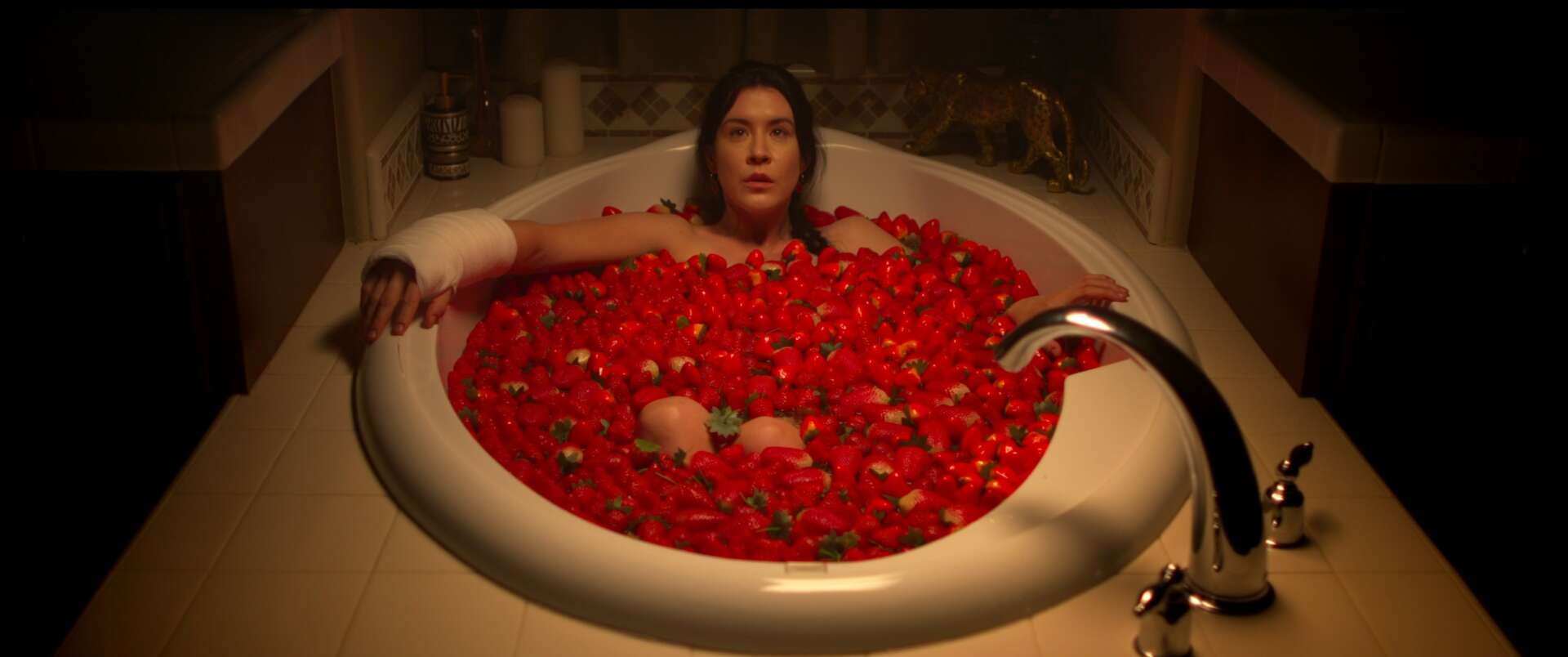
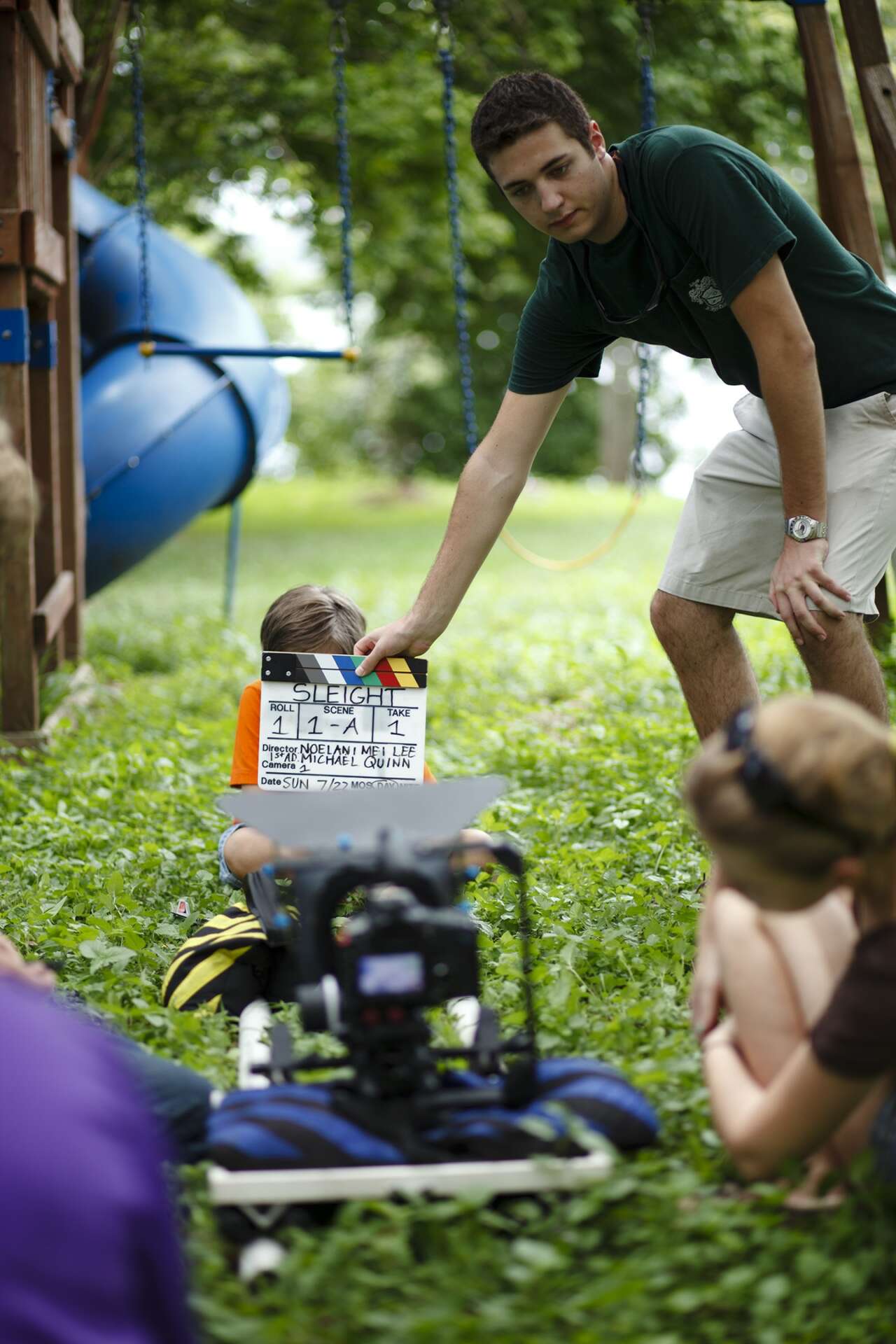
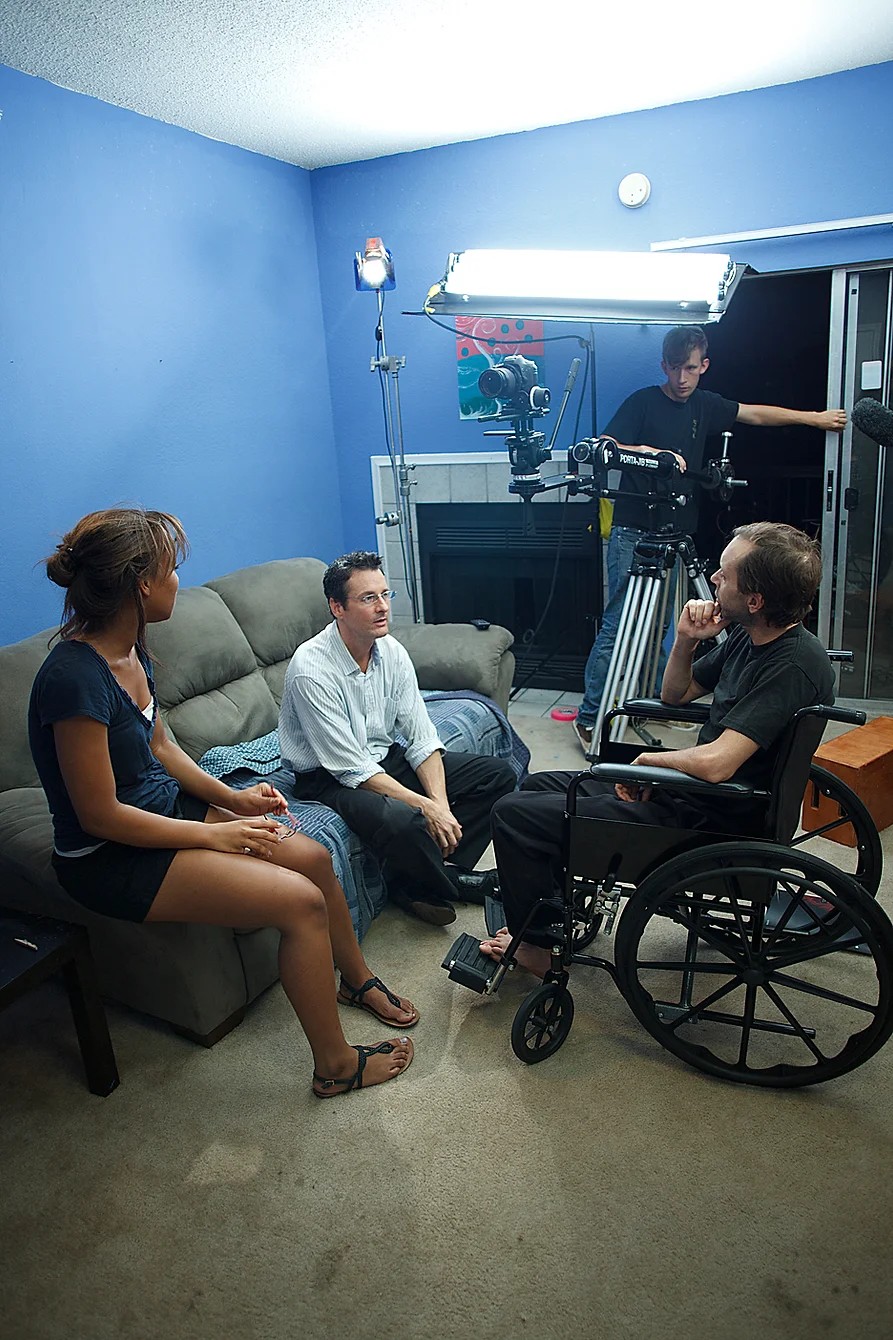
What’s the most rewarding aspect of being a creative in your experience?
If I may take a moment to be somewhat selfish, my answer to this is quite simple: Being creative gives me purpose and makes me happy. Outside of the fact that I want my works to start important dialogues, I also must do these things for me… because if I don’t, I would lose my mind!
On a personal level, writing (which is how any movie starts!) is the ultimate form of catharsis. It may not be the same for everyone, but for me, thoughts get stuck in my head like like hair in a drain until it’s difficult to make sense of them and they begin to overwhelm and sadden me. Taking the time to process these thoughts and feelings through written word is the most effective method that I have ever found for clearing that drain, so to speak. It’s almost addictive when I’m able to find the time to be consistent about it–and nothing (absolutely nothing!!!) beats the feelings of pride and fulfillment that come from typing “FADE TO BLACK.” at the end of a screenplay.
We’d love to hear the story of how you built up your social media audience?
This is a topic that interests me greatly, which feels funny to say, since I’m usually the first to admit that I am generally not a fan of social media as it currently exists. Regardless of my personal feelings, however, it is undeniable that in today’s world, social media is extremely important if you have anything (including a creative endeavour) that you wish to promote.
Scouring Google and YouTube will provide you with plenty of tips and tricks… Remain consistent. Pick a schedule and stick to it. Post at certain times of the day. Use stacked hashtags. Use high-quality images. Use certain colour schemes. Iron in your brand. (I could go on…)
While all of these are most certainly true and worth learning about and implementing into your routine, I’ve found that, in my experience, there are two key things that are much more important to consider:
1) Be as true to yourself as you can. Putting on a front online can make the process feel easier for a while, but eventually, it absolutely will exhaust you. The thing about this is, our online/social media personas are extensions of our real selves. What this means is that if you are burnt out, it will show, whether you realize it or not–and people will disengage with your content in favour of something that feels lighter and healthier. Many of these decisions on both ends are subconscious, so I urge anyone building a brand on social media to deeply consider this before diving too deeply into the content that they post.
2) Stop comparing yourself to others, or at least do the best you can to be conscientious of the fact that you’re doing it. We’re all guilty of this at some point or another. Social media is designed, in part, to make us behave exactly this way–but, tying into my point above, falling victim to this trap will only work against you and tire you out. You are you, and your journey is unique to you. You never know what your unique creations and expressions will mean to someone else, so place more importance on this than on trying to look “cooler” or “more legitimate” than your peers. Authentic ingenuity is so much more valuable than most people realize, and others will definitely notice if your priorities are skewed when you post about your artwork online.
Let social media be a tool that you use, and not a pit you cannot climb out of, and you will reap the rewards of your efforts.
Contact Info:
- Instagram: https://www.instagram.com/grouchoporx
- Linkedin: https://www.linkedin.com/in/noelani-mei-lee/
- Youtube: https://www.youtube.com/@noelanimeilee
- Other: IMDb: https://www.imdb.com/name/nm3781788/
Image Credits
Adam Dugas, Matthew Abravaya, Christine Soules , Chad Michael Ward, Matthew Hardesty


